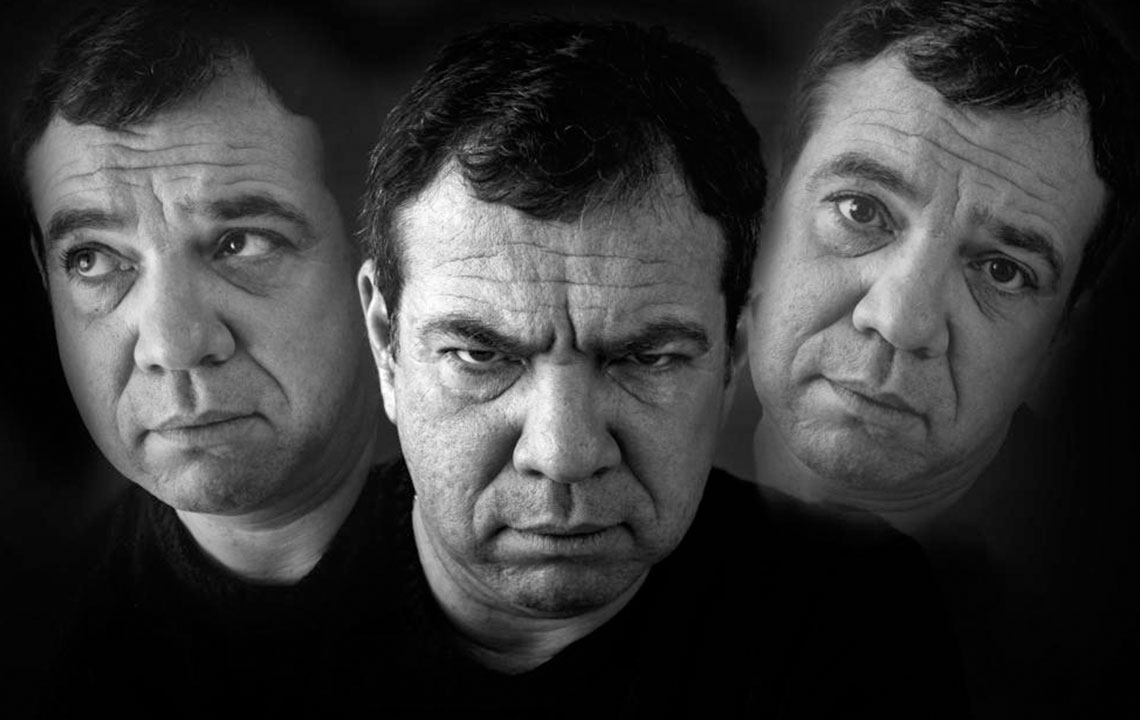Key Features of Schizophrenia: Recognizing the Positive and Negative Signs
This article explores the crucial signs of schizophrenia, distinguishing between positive symptoms like delusions and hallucinations, and negative ones such as emotional flatness and social withdrawal. Understanding these symptoms is vital for early diagnosis and effective management of this complex mental health condition.

Key Features of Schizophrenia: Recognizing the Positive and Negative Signs
Schizophrenia is a chronic mental disorder that significantly affects a person's thinking, emotions, and behavior, making everyday functioning challenging. Though less common, its severity can be substantial. Below are the primary symptoms linked to this condition.
Positive Symptoms
These include behaviors that distort perception of reality.
Delusions: Firm beliefs that are false and bizarre, such as thinking one has a serious illness despite no physical evidence.
Hallucinations: Sensing things that aren’t there, like hearing voices or feeling threatened by unseen forces.
Disorganized Thinking: Difficulty arranging thoughts logically, impacting effective communication.
Unusual Movements: Exhibiting rigid postures or hyperactivity, or remaining motionless for extended periods.
Negative Symptoms
Reflect emotional and social impairments, often appearing early in the illness.
Flattened Affect: Reduced emotional expression, monotonic speech, and minimal facial reactions.
Anhedonia: Loss of pleasure or interest in activities that once brought joy.
Social Isolation: Avoiding social interactions and withdrawing from loved ones.
Task Difficulties: Challenges in completing daily tasks or work due to confusion or lack of motivation.


